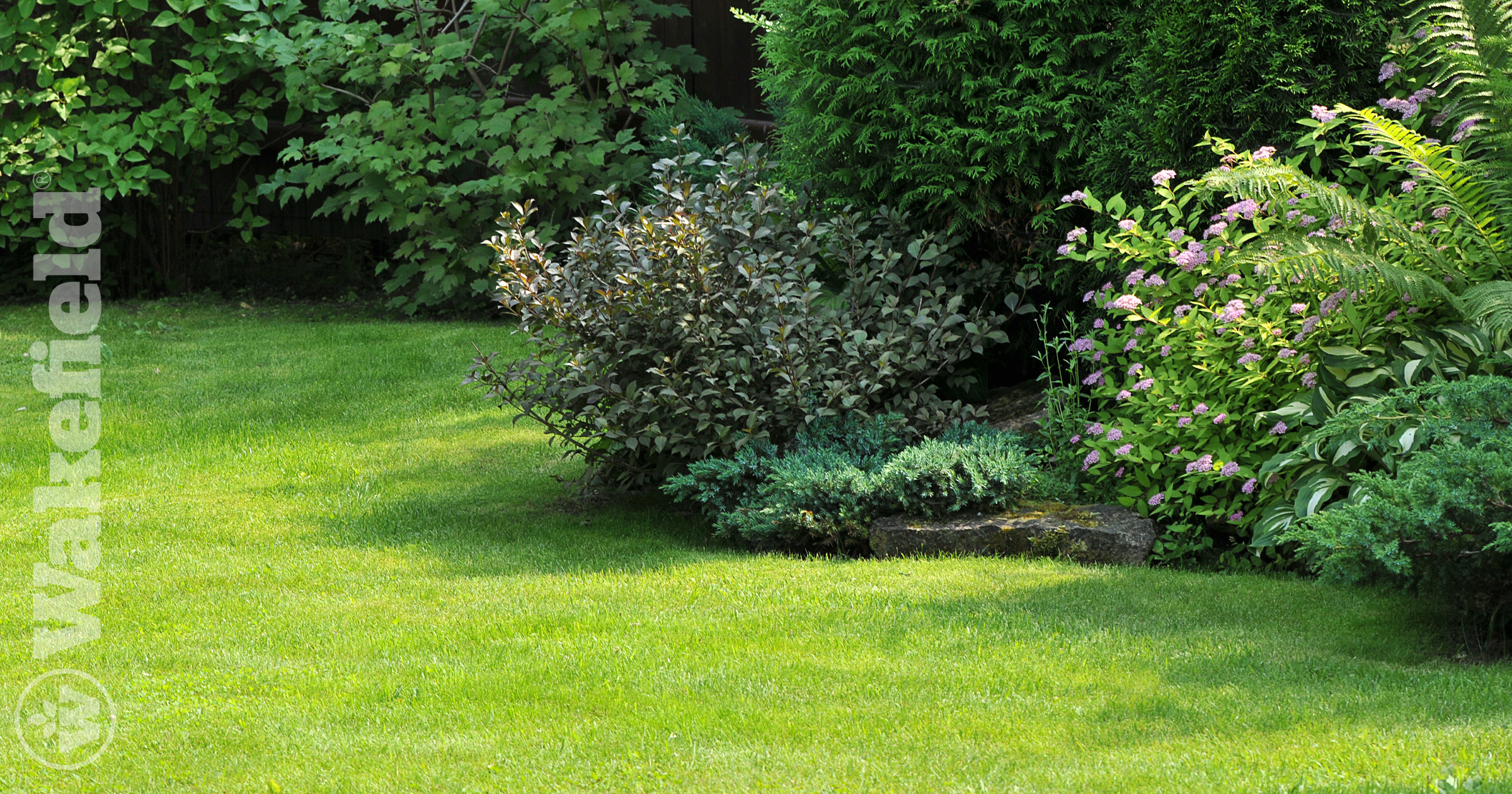How to use Biochar for Shrubs

Healthy shrubs require healthy soil. At Wakefield BioChar, our premium biochar for shrubs improves soil health so that your plantings can thrive. This soil amendment boosts nutrient content and water retention in less-than-stellar soils and can make good soil even more fertile. Even if your soil is sandy or clay, biochar provides greater fertility, aeration, and drainage.
What Is Biochar?
So, what is biochar and why does it make such an excellent soil conditioner? The use of biochar as a soil amendment goes back more than 2,500 years. The rich Terra Preta, or Black Earth, of the Amazon Basin was created by indigenous people during that period by burning organic material and letting it smolder before mixing it into the earth. The result was a huge increase in productivity in the basically poor jungle soil. That Black Earth remains exceptionally fertile today.
Biochar is created by burning biomass at high temperatures in an oxygen-free environment. The process is called pyrolysis. A rich, carbon-like material is the end result.
At Wakefield BioChar, our biochar derives from virgin wood consisting of tree scraps from paper mills. Rather than getting carted off to a landfill or decomposing and releasing greenhouse gases into the atmosphere, this wood is recycled to help farmers and homeowners improve their soil.
How Does Biochar Benefit Shrubs?
Our compost and biochar for shrubs helps them flourish. Because biochar is so porous, it readily absorbs water and nutrients. Mixing biochar and compost charges the soil, providing an even greater impact. Because biochar retains moisture, you will not have to water your shrubs as often or apply fertilizer frequently.
Here are just a few of the ways in which biochar benefits shrubs:
Increased growth
Increased growth is linked to enhanced soil fertility, and that is where biochar comes in. Biochar improves soil quality by increasing soil pH. It can remove heavy metals and toxins from the soil, allowing plants to grow in areas that could not support growth previously.
Because biochar retains moisture so well, shrubs may receive ample hydration even during prolonged dry spells. Biochar also improves aeration and drainage, allowing shrubs to grow more vigorously.
Increased pest and disease resistance
Shrubs grown in soils with biochar demonstrate increased resistance to pests and disease. Biochar suppresses nematodes and other insect pests, as well as reducing fungal pathogens.
Biochar is an excellent medium for encouraging soil microbiota. Beneficial soil microbes receive more nutrients, helping them grow and battle fungal diseases. Pathogen motility and ability to colonize are affected. Overall, biochar promotes a healthier soil ecosystem.
Increased nutrient retention
While biochar is not in itself a strong nutrient source, the addition of biochar increases nutrient retention by adsorbing, or holding onto, more nutrients due to its porosity. Nutrients are less likely to leach and are readily available for your shrubs’ roots.
Improved soil structure
Biochar improves soil structure by decreasing the bulk density of soil aggregates, reducing impaction, enhancing aeration, and increasing available water capacity. These actions all improve root penetration.
Reduced erosion
Biochar’s ability to improve soil structure also means it can reduce erosion. It can reduce runoff by up to 25 percent, and subsequent erosion by as much as 16 percent. In tropical climates, erosion was reduced even more significantly.
Carbon sequestration
Global warming drives climate change, the biggest challenge facing our planet. Biochar sequesters carbon, the greenhouse gas emission most responsible for global warming. Every pound of biochar used removes two pounds of carbon from the atmosphere.
How to Use Biochar for Growing Shrubs
Here are guidelines on how to use biochar for growing shrubs:
How much biochar to use
The amount of biochar you’ll need depends on your shrubbery’s root zone. Use enough biochar so that it makes up approximately 10 percent of the mix in the root zone. A 1 cubic foot bag can be top-dressed over 375 square feet of soil.
Keep in mind that adding more biochar than necessary does not increase this soil amendment’s efficacy. Biochar remains in the soil for decades, if not centuries.
When to apply biochar
While you can apply biochar at any time of the year, the best time to plant shrubs is in the late fall to early spring. That’s their dormant season. Shrubs planted in the autumn have ample time to establish their root systems before winter sets in.
How to apply biochar
For new shrubs, apply biochar to the soil five to seven days before planting. After planting, water the shrubs sufficiently to keep the soil moist.
For established shrubs, work biochar into the shrub’s root zone, about 4 to 6 inches down.
Learn More From Wakefield BioChar
At Wakefield BioChar, our products are 100 percent organic. We produce the only biochar listed by the Organic Materials Review Institute (OMRI) and certified by the Forest Stewardship Council (FSC). That certification denotes wood coming from “responsibly managed forests that provide environmental, social and economic benefits.”
Biochar works in any type of soil, providing more nutrients with less work.
Better Soils. Better World.





